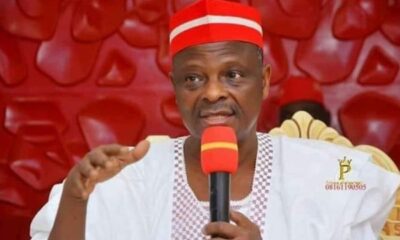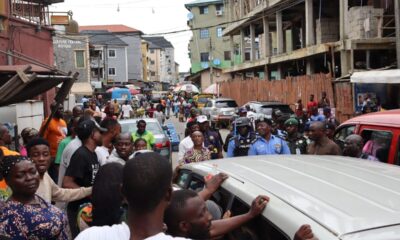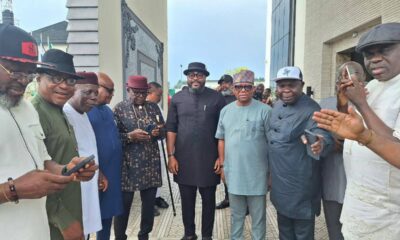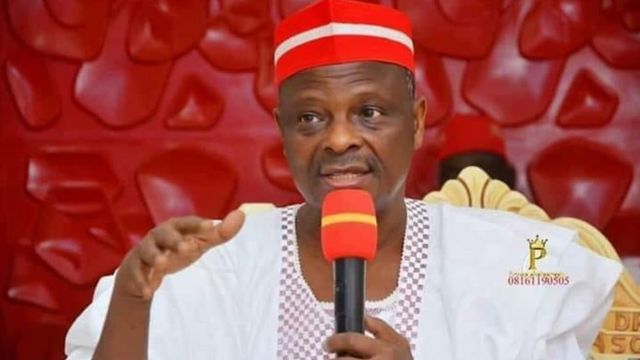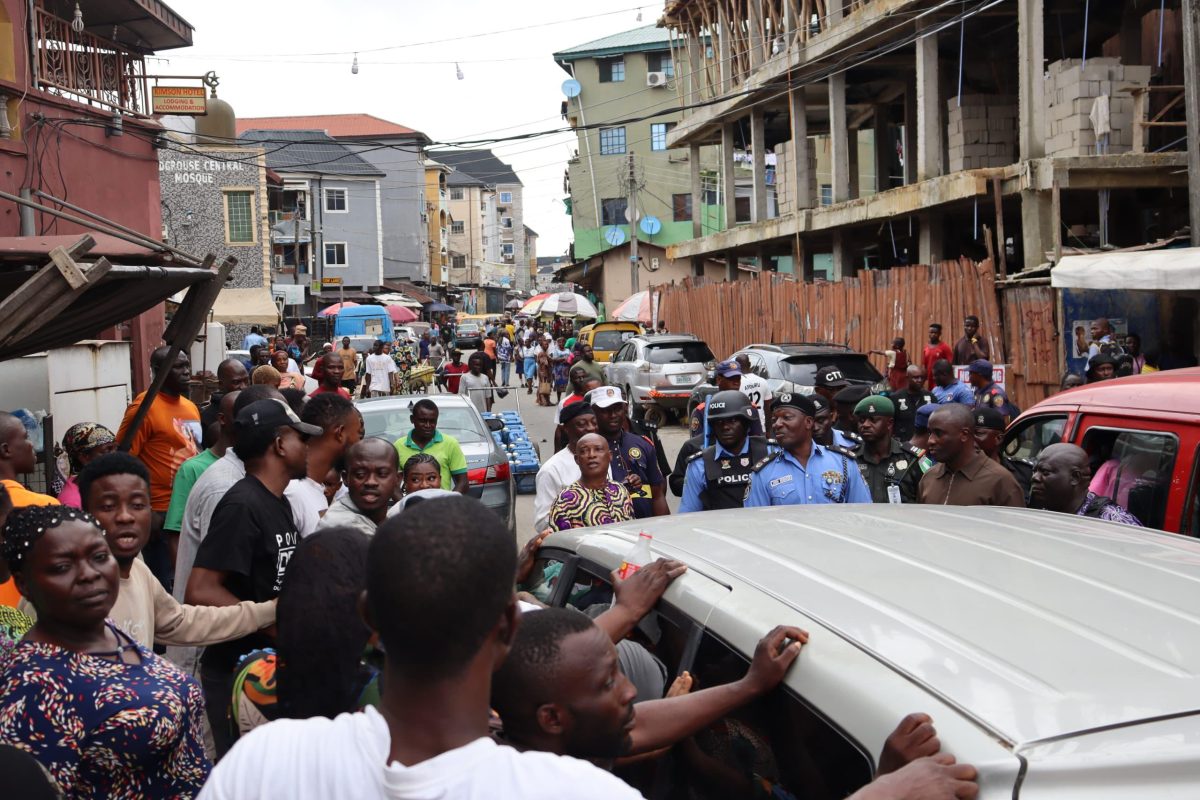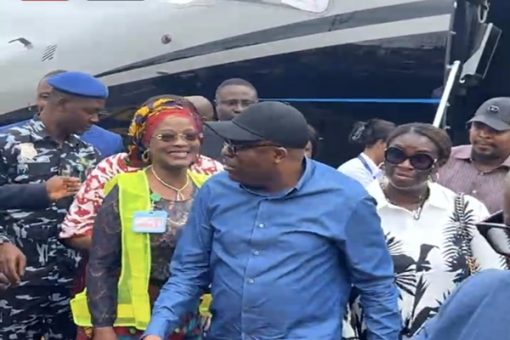BIG STORY
Google Approves Naira Payment On Play Store
-

 BIG STORY2 days ago
BIG STORY2 days agoLagos NURTW Official Shamsideen Adio Arrested For Beating Dispatch Rider To Death Over “Car Scratch”
-

 BIG STORY1 day ago
BIG STORY1 day agoBREAKING: Fubara Arrives Port Harcourt Airport
-
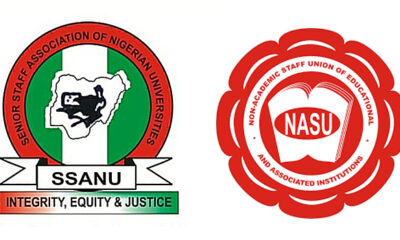
 BIG STORY5 days ago
BIG STORY5 days agoNASU, SSANU Join ASUU To Threaten Strike Over Unpaid Salaries, Allowances
-
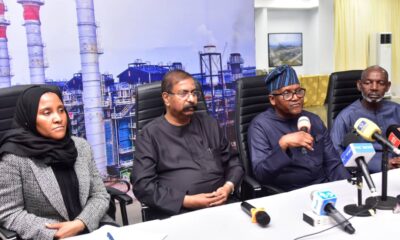
 BIG STORY5 days ago
BIG STORY5 days agoDangote Replies NUPENG: Our CNG Trucks Will Create 24,000 Jobs, Drivers Earn Triple Of Minimum Wage
-

 BIG STORY3 days ago
BIG STORY3 days agoBREAKING: Tinubu Suspends Emergency Rule In Rivers, Asks Fubara To Resume Tomorrow
-

 BIG STORY4 days ago
BIG STORY4 days agoBREAKING : DSS Files Charge Against Sowore, Facebook, X Over False Claim Against Tinubu
-

 BIG STORY3 days ago
BIG STORY3 days agoSaudi Arabia Frees Three Nigerian Pilgrims Detained For Alleged Drug Trafficking After FG Intervention
-
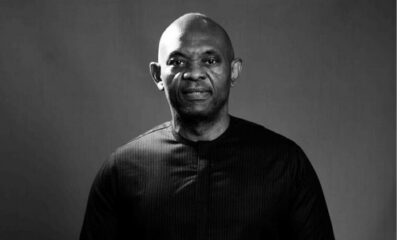
 BIG STORY3 days ago
BIG STORY3 days agoElumelu Mourns Colleagues Who Died In Afriland Fire Incident, Cuts Short US Trip








